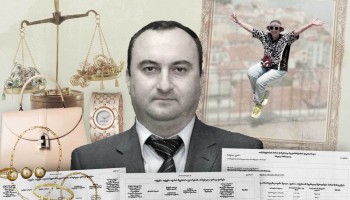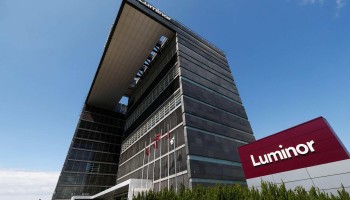Most of the countries involved in the regime overthrows or mass protests of the Arab Spring rank in the lower half of all countries, scoring below 4, with 10 being the least corrupt. Before the movement began in February, TI cautioned that nepotism, bribery and patronage had the potential to cause strife because of how deeply embedded they were in society.
European Union countries in the midst of debt crises also rank fairly low in the survey, which is compiled from 17 surveys and assessments.
Kosovo, South Eastern Europe’s newest country, is also its most corrupt, coming in 112th place with a score of 2.9. Albania and Bosnia are just a bit better, placing 95 and 91 respectively. EU-hopeful Serbia and new EU member Bulgaria tie in 86th place, eclipsed by Romania (75), Macedonia (69) and Italy (also 69). Croatia, which will join the EU next year, placed 66, with a score of 4. Slovenia, the only former Yugoslav country to join the European Union, eclipsed them all in 35th place.
The countries of the former Soviet Union fared much worse. Turkmenistan and Uzbekistan tied for the ignominious slot of 177 out of 183 total, placing them behind Sudan, Iraq, and Haiti. Kyrgyzstan followed in 164th place, and Ukraine and Tajikistan tied for the 152nd spot with only 2.3 points. Russia was once again named the world’s most corrupt large economy, in 143rd place, tied with Belarus and Azerbaijan. The ex-USSR’s most transparent country is Estonia, in 29th place with a score of 6.4.





